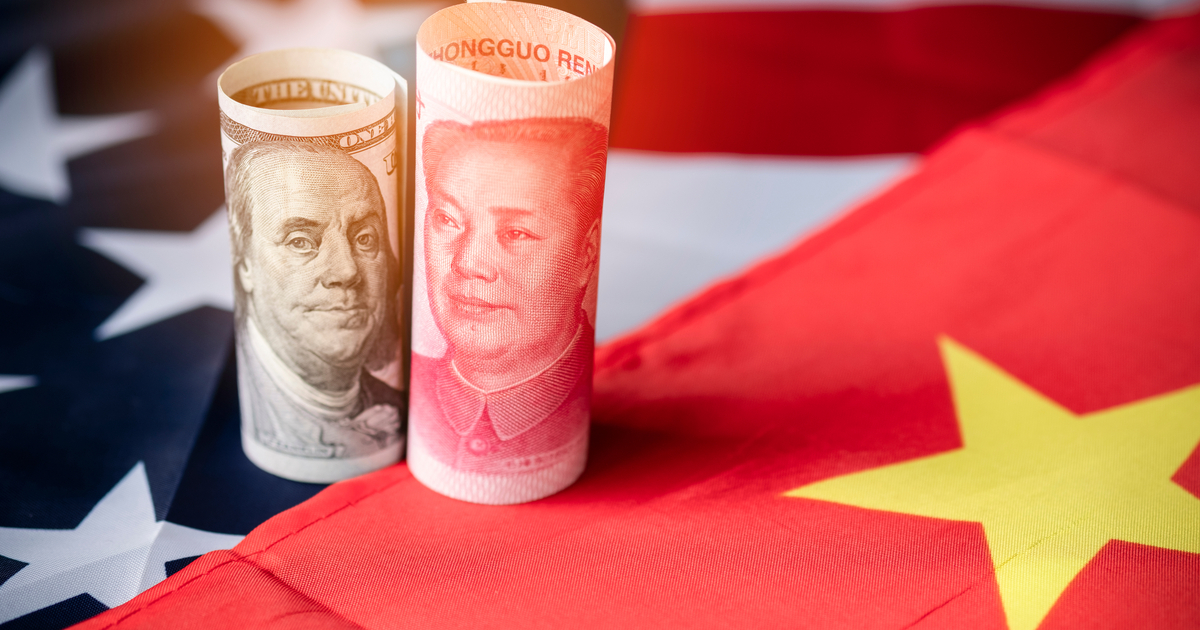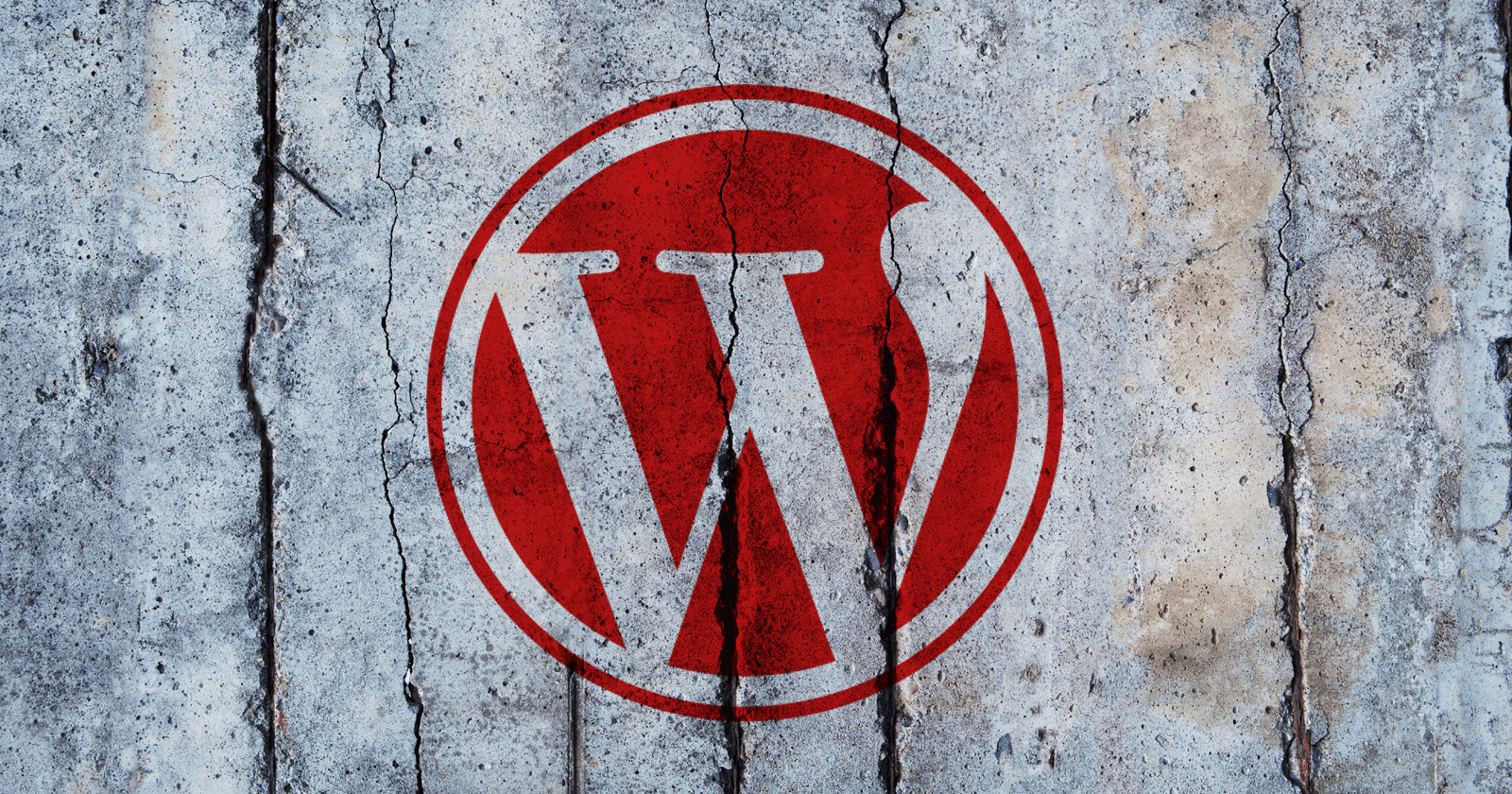The 10 biggest stories of 2022
Inflation, the Russia-Ukraine war and the overturn of Roe v. Wade are among the events that impacted the marketing industry this year.

The advertising industry this year experienced continuing shockwaves from the pandemic including inflation, layoffs and returning to the office. Meanwhile, movements continued to gain ground, including the rise of retail media networks and the addition of streaming ad tiers for Netflix and Disney.
On the flip side, some marketing darlings such as crypto and NFTs lost luster—although Reddit still seems to be seeing success with the latter. Brands were pressed to respond to news including the start of the Russia-Ukraine war and the Supreme Court’s repeal of abortion rights. Twitter's acquisition by Elon Musk has also forced brands to reconsider their presence on the platform.
Below, a list compiled by Ad Age of the 10 biggest stories that impacted the marketing industry this year.
Twitter meltdown
Musk’s acquisition of Twitter set off concerns around hate speech on the platform due to his loosening of moderation standards. Then came a rash of brand impersonators distributing misinformation about companies on the platform within the first few weeks of Musk’s takeover.
Many brands have since paused their paid advertising on Twitter, including one of the platform’s biggest advertisers, Mondelēz. Pfizer and General Mills announced an ad freeze, while IPG's Mediabrands and Omnicom Media Group were among major ad agencies advising clients to take caution, and even pull back, on ad spending on the site until Musk presents a comfortable path forward for brands. Some brands took advantage of the Doomsday atmosphere, tweeting their “last Tweets.”
As part of damage control, Musk had a one-on-one with Tim Cook, CEO of key Twitter advertiser Apple, which has the potential to ban the platform from its app store.
Rise of retail media networks
The retail media industry—where retailers become ad sellers as well as buyers—ballooned this year. Retail media spending is predicted to reach $101 billion globally by the end of this year, an increase of 15% from 2021, according to a report from WPP’s GroupM.
The rise of retail media networks also allows retailers such as Target, Amazon, Walmart and Kroger to use their consumer data to help other brands target potential customers.
The trend has extended past traditional stores into delivery companies such as DoorDash and hotels such as Marriott. Rising brands in the space also include Macy’s, Nordstrom, Kohl’s, Lowes and Home Depot, among others.
Brands under pressure to take a stand on geopolitics
Companies faced increasing pressure to make international political statements this year with two controversial events: the Beijing Olympics and the FIFA World Cup in Qatar.
In February, Beijing Olympic sponsors such as Visa, Airbnb and Intel were called upon by activists to take a stand on the reported genocide of Uyghur Muslims in Xinjiang. Other brands that have been active during past Olympics were notably silent or scaled down their efforts, including Coca-Cola and Procter & Gamble.
This November, brands were again been asked to take a stand on FIFA World Cup host country Qatar’s human rights record, with reports that thousands of migrant workers died from poor working countries while building World Cup venues, as well as its laws against same-sex relations. Amnesty International and other human rights organizations are running a “#PayUpFIFA” campaign, asking FIFA to create a fund of at least $440 million to compensate migrant workers.
Return to the office
The return to the office has been difficult for agencies to manage, with many struggling to get employees to swap WFH life for the in-office workweek. Agency executives have instead opted for a hybrid model, with two or three days in person and Wednesday identified as the most popular day for some.
There have also been new difficulties to consider when returning to the office, such as how to account for an increase in employees hired during the pandemic, which was the case of agency Joan.
Agency shakeups
This year has seen moves, closures and new appointments in the agency world. Top leaders were shuffled at Grey, Observatory, Ogilvy, McCann Worldgroup, CPB, and elsewhere. Creatives at Deutsch, Wieden+Kennedy, Droga5, BBH and more agencies found new homes.
At the same time, agencies of record assignments were fast changing—for example Bud Light hired Anomaly and Burger King switched its business to Chicago indie OKRP. Pabst Brewing hired DNA as the AOR for all of its accounts in March. Grubhub hired UM as its media agency in February, a role that was vacated by Havas and Dentsu.
When it comes to restructuring and shutting down, IPG agency R/GA revealed at the end of November that it was closing its New York and San Francisco offices as part of its restructuring plans. The industry also said goodbye to L.A. agency Imprint Projects in November, which shut down due to a pandemic-related slowdown.
Economic downturn and layoffs
As a result of high inflation and supply chain issues prompted by the pandemic, the job market is seeing layoffs at companies ranging from CNN to Peloton. The tech industry has been particularly hard hit, with Meta cutting over 11,000 jobs in November.
The ad industry was labeled the “least compassionate” for handling layoffs in a September study from employer review site JobSage. In the survey, 83% of marketing employees reported being badly treated when they were laid off.
When it comes to advertising, companies have put out ads to appeal to cost-conscious consumers during inflationary times, with Ryan Reynolds pouring the still 99-cent AriZona iced tea on a phone in an ad to make the point that prices at his Mint Mobile brand haven't gone up.
Roe v. Wade
When the Supreme Court repealed the right to an abortion in June, many brands and agencies spoke up against the decision such as Fig, The Martin Agency and McCann Worldgroup, announcing company policy changes to help facilitate employee abortions if needed. Companies such as Publicis, WPP and IPG announced updates to healthcare policies, including covering travel expenses for out-of-state abortions.
After putting millions of dollars into an abortion education campaign after the court’s decision was made public, Planned Parenthood was named one of Gen Z’s top brands in an October Ad Age-Harris Poll survey.

 UsenB
UsenB 






























